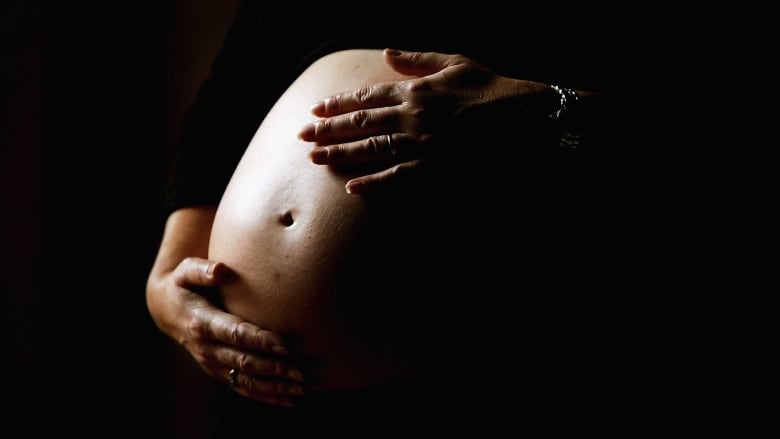'Bringing birth back' to Indigenous women focus of University of Saskatchewan research
Study aims to come up with 'made in Saskatchewan' model for improving birthing care

The birth experience in a hospital can be alienating for Indigenous women, says a University of Saskatchewan researcher, who is researching how to improve that experience and also potentially how to grow an Indigenous midwifery program in the province.
"We need to look at what we need to do to help women birth in their communities if they want to, or how we can help them, at least, get a lot of their care in their communities," says Angela Bowen, whose study, 'Bringing Birth Back: Improving Access to Culturally Safe Birth in Saskatchewan,' recently received a $160,000 grant from theSaskatchewan Health Research Foundation and the Saskatchewan Centre for Patient-Oriented Research.
Bowen, who trained as a registered nurse and midwife, traces her research interest to her childhood friendship with a young Indigenous girl.
"She struggled so much," she said, noting her friend faced challenges growing up, and later, following her pregnancy, also grappled with postpartum depression.
While studying for her Ph.D., she talked to socially vulnerable and Indigenous mothers that often made her think of that friend and the need for mothers to have social support through birthing.
"It seemed to me the more we could help them connect with their birth experience, then perhaps it would translate later to improved mental health, improved physical health," she said.
Bowen is working on two research projects that dovetail. In the first, she'll be talking to Indigenous women about their birth stories, and what care providers could do to make them feel culturally safer and better about their birthing experience.
The second project, which tackles "bringing birth back," looks at improving access to midwifes or care in people's own communities, she said.

There are few Indigenous midwives in Canada, and nonein Saskatchewan, but Bowen says she wants to talk to Indigenous communities to see how to get a midwifery program off the ground or provide more birthing care in people's home communities.The Federation of Sovereign Indigenous Nations is partnering with her to help with the research.
"We truly do want it to be a 'made in Saskatchewan' model," she said, adding researchers will also look at what has worked in other provinces.
"It's really exciting, it's big. And we've got two years to do it."
But the other driving force is women themselves, who have told Bowen they want to be able to reconnect with their traditions and cultural birthing practices, a connection that some may have lost over the years.
"The women want this and I see my role to help them."












_(720p).jpg)


 OFFICIAL HD MUSIC VIDEO.jpg)
.jpg)



























































































